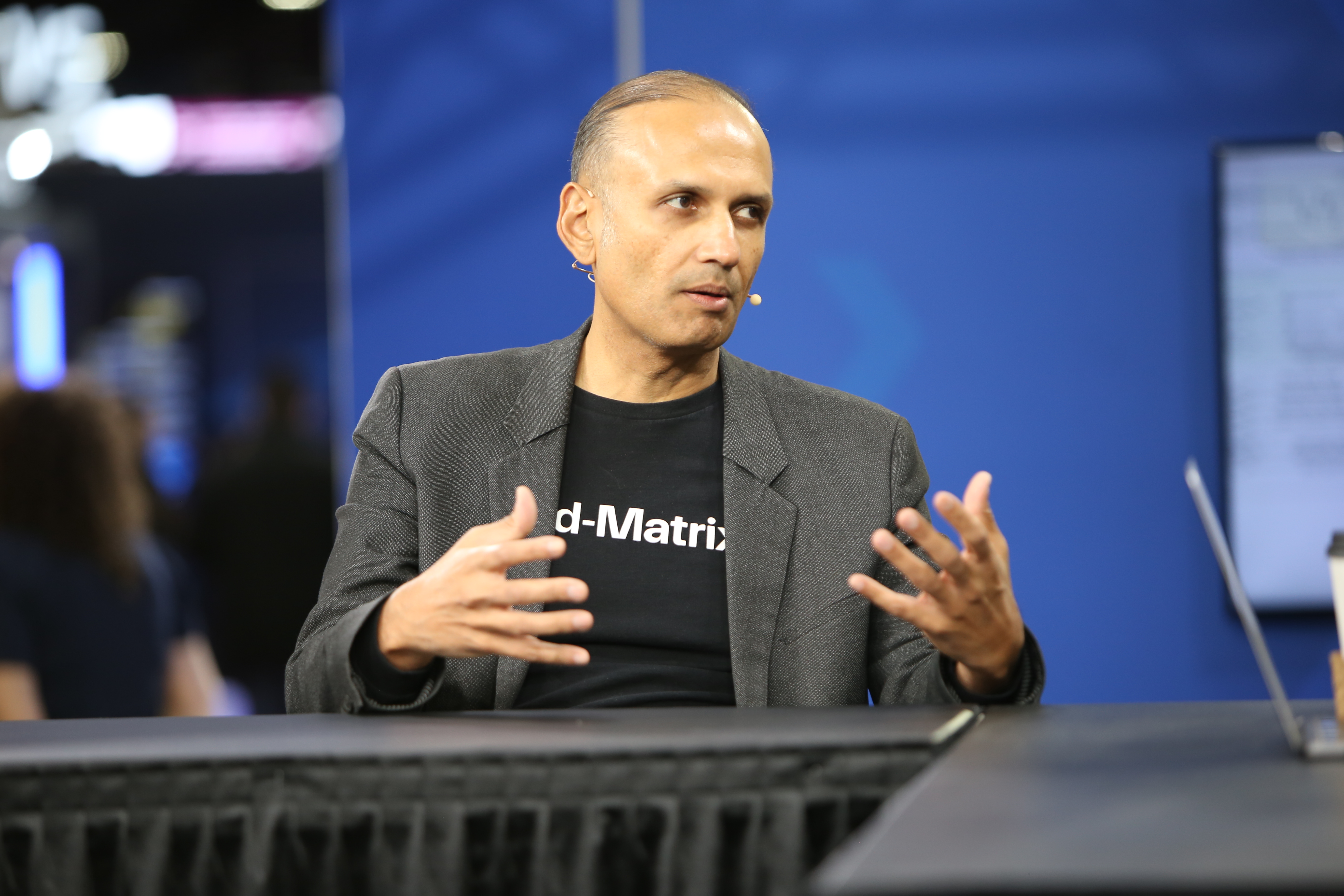There are two more Federal Reserve meetings in 2024, but consider turning your gaze to 2025. The end of the year is a good time to take stock of your finances, whether you’re waiting for more rate cuts or looking to make a large investment. Knowing the Fed’s plans can help plot your course for the next 12 months.
The Federal Open Market Committee is meeting today, tomorrow, and again in December. After making a larger half-percent cut in September, the Fed indicated that it intended to make another half-percent cut by the end of the year. Most experts expect a quarter-percent cut at each meeting, but what about 2025?
“I think this year is fairly predictable,” economist Greg Heym told . “Going into next year is anybody’s guess. At this point, they want to cut rates another percent next year.”
The Federal Reserve’s decisions impact most of your finances in a variety of ways, including the interest rate on your credit card and the annual percentage yield on your savings account.
The Fed’s decision can affect how much it costs to borrow money, like mortgages and car loans. Changing interest rates can also indirectly impact you. Companies are also more likely to borrow when rates are lower, which can allow them to grow their business and workforce.
Here’s what the experts are saying you can expect for the remainder of the year and going into 2025.
How much will the Fed cut rates this week and in December?
The general feeling among experts is that the Fed won’t stray from the path it’s set itself on. In fact, CME FedWatch data, which measures the likelihood of changes to the federal funds rate, currently gives a 25-basis-point cut a 97% possibility.
Most experts expect the Fed to make another 25 bps cut in December.
But if the Fed plans to make two quarter-percent cuts — one tomorrow and one in December — why doesn’t it instead make one big cut this week? Heym said the Fed is likely afraid that lowering rates too quickly could reignite inflation all over again.
“The problem is, injecting that much money into the economy could stoke inflation again — probably would,” he said. “So they have to take a measured approach there.”
And that measured response comes from looking at a lot of data, including inflation and jobs reports. The Fed’s preferred inflation indicator last week showed that inflation had nearly reached the Fed’s 2% target in September. The Bureau of Labor Statistics reported last week that unemployment had remained at a relatively low 4.1%, but has been slowly creeping up. That could indicate the labor market is softening. Both of these reports support another rate cut at this month’s Fed meeting, experts say.
Heym isn’t the only one who expects the Fed to stay the course. Robert Fry of Robert Fry Economics predicts that the Fed will cut a quarter point tomorrow and in December. “More because Chair Powell has talked himself into that than because the economy needs it,” he said.
Predictions for the Fed’s strategy going into 2025
During the Fed’s September meeting, committee members indicated that the Federal Funds rate could drop another percentage point in 2025. But when exactly those cuts will come is another question.
“I no longer think they will cut at the first four meetings next year,” Fry said. “I still think they’ll cut next year, but much more gradually. They could cut every other meeting if inflation continues to come down.”
Instead, experts say to expect the Fed to decide meeting by meeting whether to cut, hold or even raise interest rates. There are too many unpredictable factors at play, but overall, experts predict rates will fall in 2025.
“I expect steady rate cuts through 2025 moving towards a level close to 3.50%,” said Osman Kilic, professor of finance at Quinnipiac University.
However, with a Trump administration inbound, it’s hard to say exactly how the Fed will act in 2025. While the Fed says it’s neutral, the monetary policies of a new presidential administration will impact the economy, which in turn might change how the Fed reacts.
Additionally, there’s no guarantee that inflation won’t spike after the Trump administration’s policies go into effect. The job market could also worsen, which in turn would spur the Fed to take a different approach.
We can give educated guesses on what the Fed will do in 2025 based on the information we currently have, but there’s no guarantee of outcome until it’s here.
What you can do to prepare
The Fed is a reactionary body. If they see the need to adjust their strategy, they will. However, that doesn’t mean you can’t prepare for what lies ahead.
“While these cuts will begin soon, consumers shouldn’t expect significant relief in shorter-term borrowing costs until mid-2025,” Kilic said.
In fact, any single change in interest rates is unlikely to move the dial much on your own interest rates. Even multiple cuts would take time before making a substantial impact.
“There’s a lag time of six months to a year or more before [the Fed’s changes] really impact the economy,” Heym said.
That lag time provides plenty of opportunity to review your financial strategy. Though the Fed’s cuts will impact your card’s rates, expect them to remain high. Consider a balance transfer to pay it down or other debt payoff strategies.
If you’ve been stashing money in a high-yield savings account or CDs, the higher interest rates you’ve become accustomed to will likely look different in 2025. They’re still safe investments, but diversifying your portfolio could go a long way toward preparing for your financial year. Consider building a CD ladder, but don’t rush to move your money to riskier investments if you’re not prepared.
“No matter what you’re thinking of buying or investing in, just be informed,” Heym said. “Understand what your options are. Speak to experts. Feel comfortable in your decision. Don’t make decisions out of fear.”








